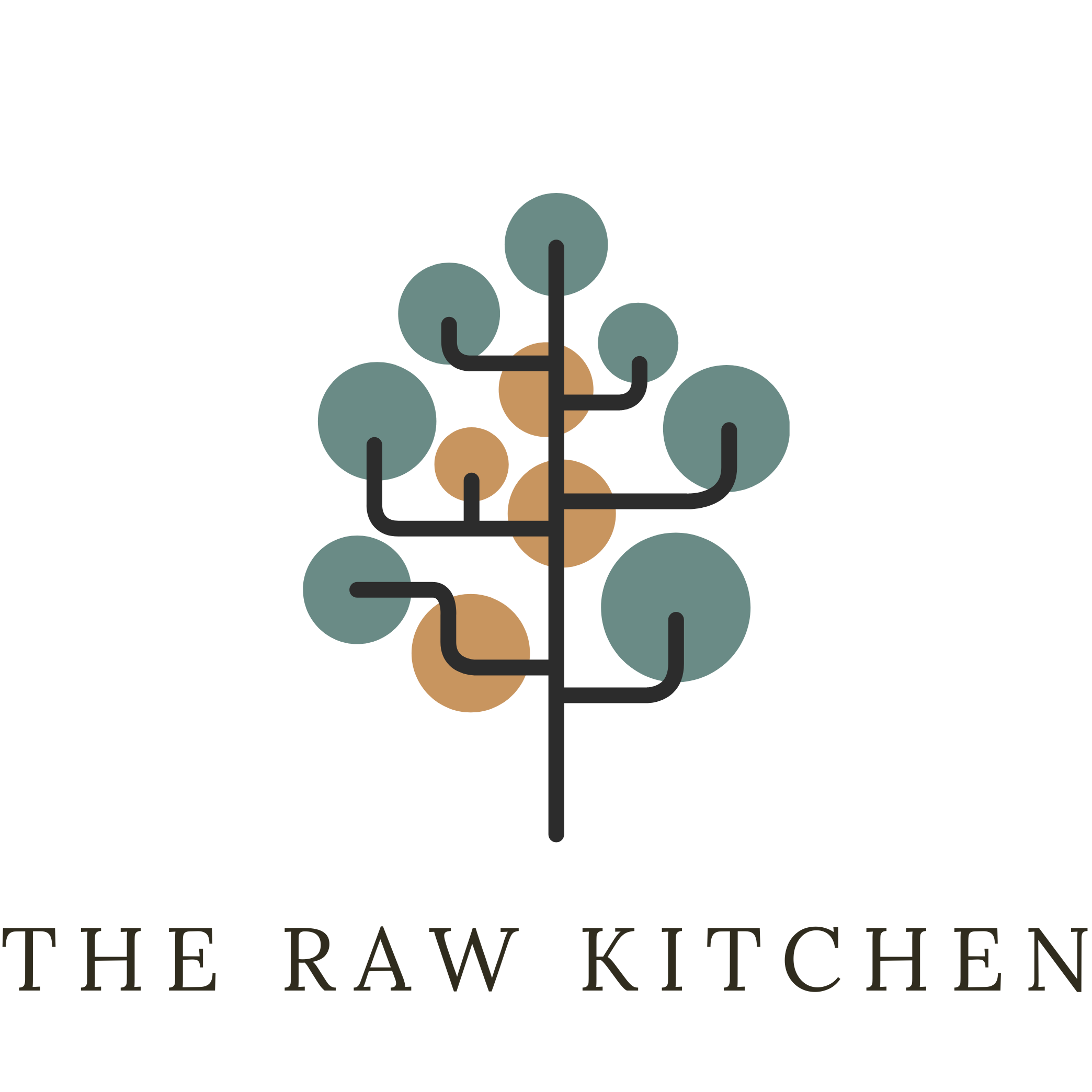
Are fats in food bad for you?
In the complex world of nutrition, fats play a vital role, with "healthy fats" being important for wellness. Yet, understanding these roles requires a deeper dive into the diversity of fats, including the often-misunderstood saturated fats.
Healthy fats are primarily monounsaturated and polyunsaturated fats, including omega-3 and omega-6 fatty acids. These fats are essential, supporting everything from heart health to brain function. Olive oil, avocados, and nuts are rich in monounsaturated fats, helping to lower bad cholesterol and protect the heart. Meanwhile, polyunsaturated fats found in fatty fish, flaxseeds, and walnuts are vital for cell growth and brain health.
Saturated fats, traditionally cast in a less favourable light, also have their place when consumed wisely. Found in meat, dairy products, and certain oils, saturated fats can contribute to a balanced diet. Emerging research suggests that when sourced from healthy, whole foods, saturated fats may not be the villain they were once thought to be. In moderation, they can be part of a nutritious diet, offering benefits like supporting cellular integrity and hormone production.
However, moderation is key, as excessive intake of saturated fats can raise cholesterol levels and increase heart disease risk for some individuals. It's important to consider personal health conditions and genetic factors, as they can influence how your body responds to saturated fats. Consulting with a healthcare provider can help determine the right balance for you.
The dialogue around fats also includes the need for balance between omega-3 and omega-6 fatty acids. Modern diets often overemphasise omega-6s, found in many vegetable oils, which can lead to an imbalance and promote inflammation. Striving for a balance between omega-3s and omega-6s is crucial for managing inflammation and supporting overall health.
Embracing a diet that includes a variety of fats—from monounsaturated and polyunsaturated fats to the right amount of saturated fats—enriches our health. This approach recognises the value of all fats in a balanced diet, supporting not just physical well-being but also the enjoyment of food's rich flavours.
To summarise (these are not complete lists but a general indication):
Healthy fats: Olive oil, Coconut oil, Grass-fed butter, Ghee, Avocado oil, nuts, fats from wholefoods such as avocados and olives, and organic meat and poultry.
Unhealthy fats: Ultra-processed (junk) food, processed meats and poultry, vegetable oils such as sunflower and rapeseed oil, deep-fried foods such as doughnuts, French fries, etc., and margarine.
In the journey towards health, understanding the role of fats is like charting a map through a territory filled with both caution and celebration. By choosing diverse sources of fats and seeking balance, we navigate towards a diet that supports our body's needs and pleasures, guided by the wisdom of moderation and personal health considerations.



Leave a comment
This site is protected by hCaptcha and the hCaptcha Privacy Policy and Terms of Service apply.